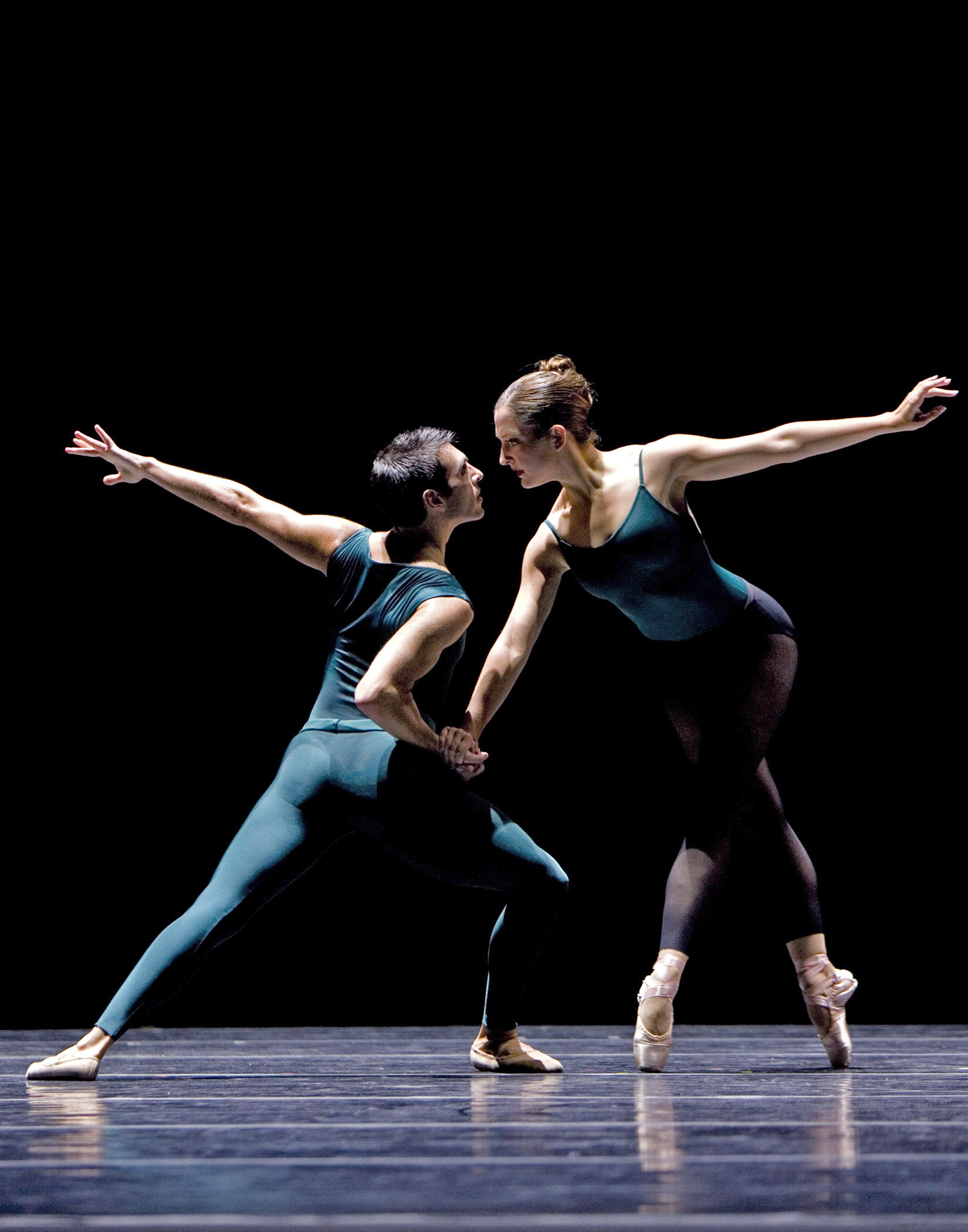Opening Nights
The Comparables
155 Mercer St. (Seattle Center), 443-2222. $17–$102. 7:30 p.m. Wed.–Sun. plus some Wed. & weekend matinees; see seattlerep.org for schedule. Ends March 29.
The characters in Laura Schellhardt’s custom-built comedy about status-grubbing female real-estate agents in Manhattan gaze imperiously at you in the Rep’s lobby, their fictional bios studded with aspirational cliches about determination and manifesting one’s desires. They represent three well-groomed models of female power: hardworking hoop-jumper, S&M-tinged seductress, and feminist pioneer (a pragmatic, hybrid predecessor of the first two). But pop them into three dimensions, and their couture seams strain with insecurity. Not since Annette Bening’s Oscar-clinching role in American Beauty has the residential real-estate industry taken such a drubbing.
Should women work collaboratively with one another to break the glass ceiling, or is it every woman for her ambitious self? And which philosophy yields the better commissions? Those are the questions confronting late-middle-aged Bette (Linda Gehringer, with bouncy bronze tresses and ball-breaking attitude). Leaving her boutique agency to star in a reality show about women achieving their dreams (!), she’s about to bequeath her business. Her dutiful consigliere Monica (studiously sexless Cheyenne Casebier) is the logical choice, but logic be damned. Empires like Apple aren’t built on logic; they’re built on magnetism and risk—qualities that sexy new hire Iris (Keiko Green) has in spades. While Bette rehearses evangelist-style pabulum for her show (“IRIMI! IRIMI! It means I enter without fear”), the other two duke it out for supremacy. Though the rivalry amuses in a sitcom-y spirit, and several clever ironies weave through, any sense of the genuine vaporizes under scrutiny. The women’s smart banter mismatches their stupid actions—particularly Monica’s, as she repeatedly falls for the same trap set by Iris.
Directed by Braden Abraham, these three skillful performers buttress their cartoonish, polarized characters. Thanks to their commitment, I stayed engaged through most of the 85-minute one-act. Green’s millennial dismissiveness about protocol is particularly fun to watch, as are costumer Frances Kenny’s power suits. But something seems desultory here, and it’s not just the jumble of Carey Wong’s set (mixing mid-century modernism, ’70s glam, and ’90s industrial chic). Maybe it’s the expositional monologues delivered as audio diary entries or offhand ramblings during aikido, golf, and calisthenics. Maybe the on-the-nose architectural analogies, like Monica’s refrain “I’m a load-bearing pillar” or Bette’s sizing people up by what kind of abode they would be. And/or maybe the protracted, tentative catfight, which drew all the more laughs for its tameness. This is Chicago playwright Schellhardt’s second work commissioned by the Rep (after 2011’s The K of D, an urban legend ). It’s got some shiny finishes. But as they say in the trade, it lacks good bones. Margaret Friedman
PThe Vertiginous
Thrill of Forsythe
McCaw Hall, 321 Mercer St. (Seattle Center), 441-2424, pnb.org. $30–$184. 7:30 p.m. Thurs.–Sat., 1 p.m. Sun. Ends March 22.
William Forsythe may be a choreographer, but he sounded a bit like an engineer during a Pacific Northwest Ballet lecture-demonstration last week. If you do a stress test on a piece of metal, he said, “Something will transform or fall apart.” For him, dance operates the same way. Throughout his career, he has run the neoclassical ballet we inherited from George Balanchine through a series of choreographic stress tests.
The results have indeed transformed our expectations of the art form. Forsythe’s approach to ballet keeps the articulation and detail that has been part of the vocabulary since the 16th century, but the density and speed are definitely from the 21st.
The Vertiginous Thrill of Exactitude may be the shortest work on the program, but it may also be the most intense. Set to the finale of Schubert’s ninth symphony, the quintet is like one long fanfare: The dance starts at a clip and just gets faster and more exhilarating from there.
Opening night’s cast relished the challenge, feet snapping and arms wheeling, as they continued to gather momentum. Carrie Imler and Jonathan Porretta seemed to egg each other on, with Benjamin Griffiths, Leta Biasucci, and Margaret Mullin in hot pursuit.
New Suite is an anthology of duets that Forsythe has excerpted from repertory. Some are set to Handel and Bach, sharing the brisk clarity of their scores. Another group, set to music by Luciano Berio, is more eccentric: the bodies a collection of joints and sinew, folding and curving in multiple directions. While most of the duets here exemplify singular qualities, the duo taken from Slingerland (score by Gavin Bryars) has a more complex relationship—sometimes almost conventionally romantic, but then shifting into an egalitarian contest. New Suite is full of excellent performances, including a heightened sense of clarity and attack from Ezra Thomson and moments of pure power from Angelica Generosa. The swagger in her walk as she enters the stage is entirely legit—she earns every moment.
In the Middle, Somewhat Elevated is a dance packed with attitude. The semi-industrial score by Thom Willems matches the stage, swept bare of all its draperies to expose the lights and rigging. The work was made for the Paris Opera Ballet, and the dancers’ casually aloof quality seems to evoke a French disdain for our opinion. While we are slack-jawed at their virtuosity, they don’t appear to have the same response, walking nonchalantly away after a dizzying series of turns or joint-popping extensions. Both Lesley Rausch and Elizabeth Murphy usually perform with a kind of sweetness no matter the role, but here they add a renewed sense of authority. Indeed, everyone in the cast could fix us with a glance and knock us out.
This triple bill is an intense look at a phenomenal repertory. Sandra Kurtz
E
stage@seattleweekly.com




